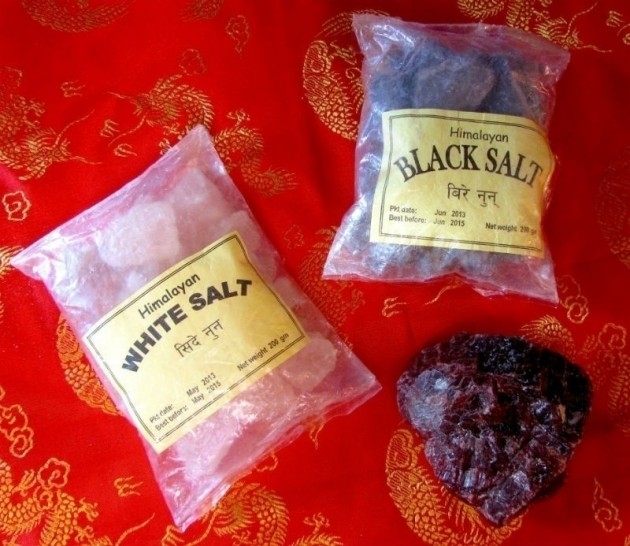Today's "off-the-cuff, un-referenced" answer from Doctor T:
This is a question patients frequently ask.
- First, peanuts are contaminated by aflatoxins (strong cancer-causing agents, known as carcinogens) that are produced by molds (such as the fungus aspergillus flavus), which grow on peanuts while in storage.
- Second, peanuts are rich in polyunsaturated fatty acids, copper, and iron. When the peanuts are crushed to butter, the fatty acids come in close contact with these metals. This creates a rapid chemical reaction that turns the fatty acids into potent free radicals.
Free radicals have been implicated in the development of practically every chronic or degenerative disease known to humankind, from arthritis (joint inflammation and destruction) to heart disease, multiple sclerosis (neurological disease) to cancer, and most aspects of aging. Polyunsaturated fatty acids are very unstable fats, which means they easily become rancid with exposure to oxygen, heat and light. Most vegetable-derived oils fall under that category.
The process of becoming rancid occurs inevitably over time, regardless of refrigeration or other protective methods. However, the intact nut exerts some protection against rancidity by maintaining the cell walls, which reduce exposure to oxygen. This protection is lost in the production of butter. Furthermore, copper and iron, when allowed to come in contact with these fats, will act as catalysts, accelerating the production of free radicals by thousands to millions of times.
This chemical reaction (which is described in textbooks of biochemistry) results in the formation of peroxidated fatty acids, which are some of the most dangerous free radicals known, because of their detrimental effect on cellular embranes.
- Additionally, peanuts are usually roasted (and heavily salted), which destroys some of the fatty acids, turning them into hydrogenated fats, another form of damaging fats that the body cannot easily metabolize (the heat of roasting forms other toxins as well).
- Last, clinical experience has shown that peanuts are commonly acting as allergens in people (with resulting migraines, asthma, or other symptoms); the complexity of this food, together with its frequent ingestion by the "unsuspecting" public, especially with today's commonality of gastrointestinal disorders, lead to repeated exposure to undigested food particles that results in such immune reactions.
If you have a nutritional or brief medical question you would like Doctor T to answer, please contact us and it may be answered in a future newsletter.






